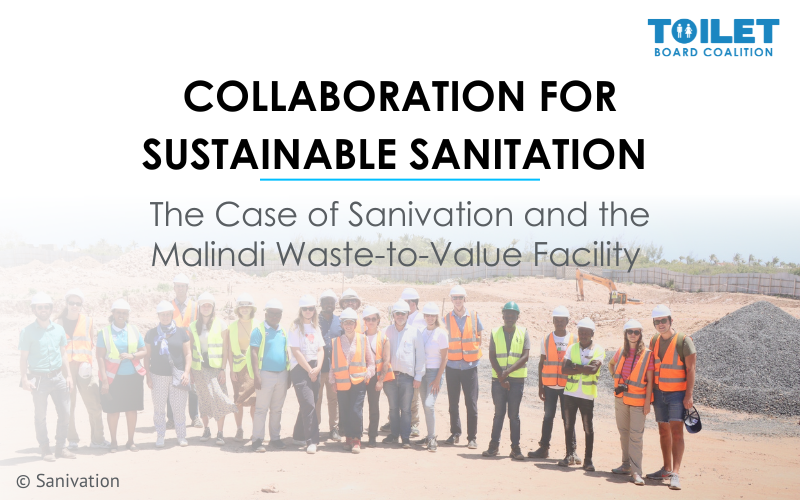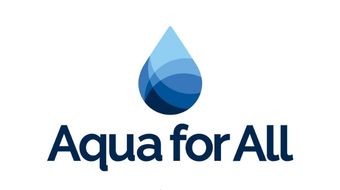CASE STUDY Collaboration for Sustainable Sanitation: The Case of Sanivation and the Malindi Waste-to-Value Facility
Public-private collaboration is crucial to ending the global sanitation crisis by 2030. Partnerships between the private sector and governments, especially in Africa, hold the potential of accelerating progress towards achieving sustainable sanitation for all on the continent. To facilitate this, the Toilet Board Coalition runs the world’s leading Accelerator for Sanitation Economy businesses that offer a diverse range of products and services throughout the entire sanitation value chain. Among the successful participants is Sanivation, a sanitation solution provider that joined in 2017.
This case study details Sanivation’s pivotal role in the Malindi Waste-to-Value (W2V) Facility, a groundbreaking initiative designed to improve sanitation infrastructure and services in Malindi Kenya. It delves into the project’s key elements and highlights Sanivation’s strategies in positioning itself as a go-to city-wide project developer, implementor, and trusted government partner. This exemplifies how trust-building, commitment, and expertise can win government support and showcases the potential of public-private collaborations in driving transformative change in sanitation.







